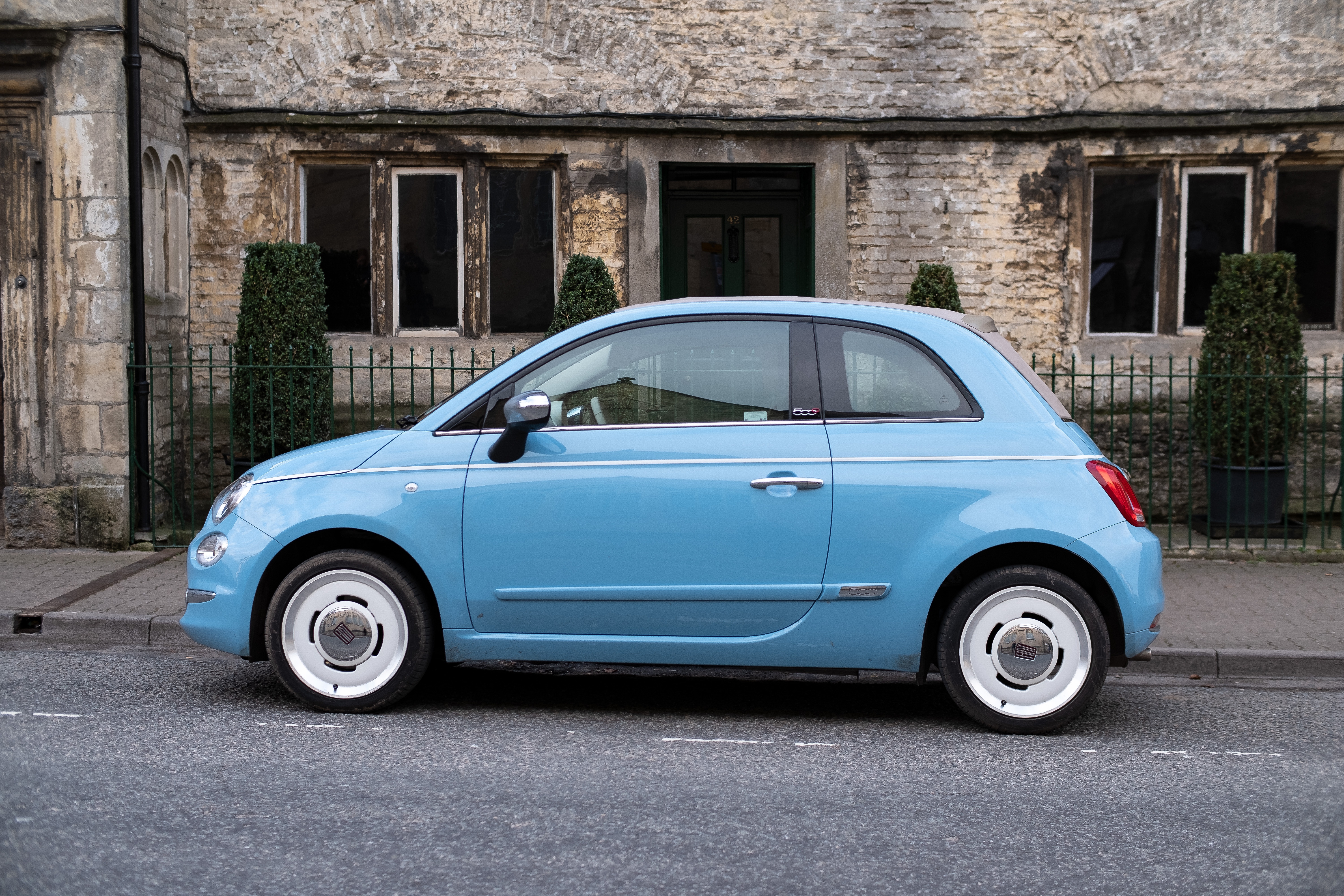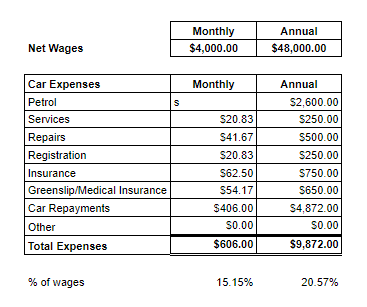If you find your finances stressful or too time-consuming, there are ways that you can simplify your finances to save you time and eliminate stress and anxiety around your money. Your finances don’t need to be complicated and a little pre-planning and thought can go a long way to helping you simplify how you manage your money.
Here are 5 Ways to Simplify Your Finances in 2022.
5 Ways to Simplify Your Finances in 2022
1. Have An Emergency Fund
One of the most straightforward ways to simplify your finances is to save up an Emergency Fund. If you find yourself constantly reaching for your credit card to cover unexpected expenses, this can create a constant stream of guilt and stress, where you feel like you are failing with your budget or frustrated when you just can’t get ahead.
Avoid having a reactionary approach to your money and instead take a proactive approach and plan for financial emergencies with an Emergency Fund. A good place to start is with a starter Emergency Fund of $2,000 and ideally build that up to 3-6 months of expenses as soon as that is possible.
The next time a financial emergency comes up, you can feel a sense of relief knowing that you have at least $2,000 ready to go in your Emergency Fund which helps take the stress out of stressful situations.
2. Utilise a Sinking Funds Tracker
Utilising Sinking Fund Trackers like this can help you simplify your finances and stay on budget. Often banks will limit how many accounts you can open so options are limited when it comes to having separate accounts for different expenses.
Rather than having a separate account for each expense category you want to set money aside for (I.e. Holidays, Clothing, Christmas Fund), a Sinking Fund Tracker, let’s you use just a single bank account and track each expense within the worksheet. This tracker will let you keep track of how much you have sent aside for a particular expense throughout the year so you don’t end up overspending and eat into your Christmas fund for other expenses.
You can learn more about the benefits of setting up Sinking Funds here.
3. Give Yourself a Spending Allowance
Having boundaries for your finances is a great way to simplify your finances and keep your spending in check without any work on your part.
By setting up a separate ‘Spending’ account with a spending allowance you can easily see how much money you have left until payday to spend on discretionary purchases.
Set your budgeted spending allowance to transfer to your ‘Spending’ Account every payday. Once your account balance gets down towards zero, you know you’ve hit your spending limit for that period.
This is a super low effort budget boundary you can implement to simplify your finances and help keep you on budget!
4. Pay Your Bills by Direct Debit
If you want to simplify your finances, the best way to do that is to eliminate as many manual, non-value-adding tasks as possible. For me, one of those is manually paying my bills. I’m a busy gal, and although I love budgeting and all things finances, paying my bills is nowhere to be seen on my list of things that bring me joy!
It’s easier than ever to set up direct debit billing, simply call your service provider or log into your online account and set up direct debit billing. You only have to do this once (other than updating your credit or debit card details as necessary). Your service provider will email your invoice to you with the amount and due date so you will know ahead of time when the payment will be coming out. My utility company also sends me a text message a few days before they make the withdrawal which is also helpful as a reminder.
The key to making this work is to make sure you set aside enough money from each paycheck in a separate ‘Bills’ account to cover your bills. Having a Bill’s Buffer, which is a minimum you will let your bills account get to (such as one month of bills) will help you to ensure that you always have enough in your bills account to cover any direct debits as they fall due.
And another bonus, on top of saving me time (and my sanity) each month, I used to find I would forget to pay bills such as my credit card and I would be hit with hefty late fees. That is now a thing of the past. Not to mention I cash in on some nice pay-on-time discounts with my utility providers by making sure my bills are paid on time.
5. Automate Savings
As I mentioned earlier, if there is something I can automate when it comes to my finances, I will, and for me, one of my favourite time savers is to automate my savings. Simplify your finances by setting up automatic savings transfers to take the leg work out of saving your money.
Once you set up your budget, work out how much you want to go to your savings account and set up a bank transfer to automatically transfer that amount each payday.
The benefit of this is:
- You have taken the manual work out of savings. When you automate your savings you don’t have to remember to do it – it just happens in the background. This removes a huge barrier to saving money and reaching your savings goals.
- You pay yourself first. Have you ever noticed how little you have left to save when you spend your paycheck first and plan to save what is left? Don’t let your savings goals be an afterthought. Pay yourself first, then you can spend what is left after totally guilt-free!
- You’ll feel amazing! When you see your savings balance you will feel a sense of pride in yourself for achieving that savings goal. As you watch your savings increase it’ll make you more motivated over time to keep saving and build your savings muscle.
- How much does it hurt to go into your savings account and withdrawal money? It feels icky right? Once you have saved your money via your automated transfer, it creates a barrier to you mentally where you see two types of money: money that I can spend, and money that I can’t spend.
By separating your savings out into a separate account you now have that barrier in place, so if you wanted to spend money on something that wasn’t in your budget, you’d have to manually transfer that money out of your savings. This will help you stick to your budget and minimise any impulse spending you might have made had that money been sitting in your spending account waiting to be transferred to savings at the end of the month.
Want To Learn How To Spend Your Money With Intention?
If you want learn how to spend with intention and take the stress and anxiety out of your money, book in for a free Q&A call to see how financial coaching can help you gain clarity around your finances!
You can learn more about Minimise With Me Financial Coaching services via the link below.





